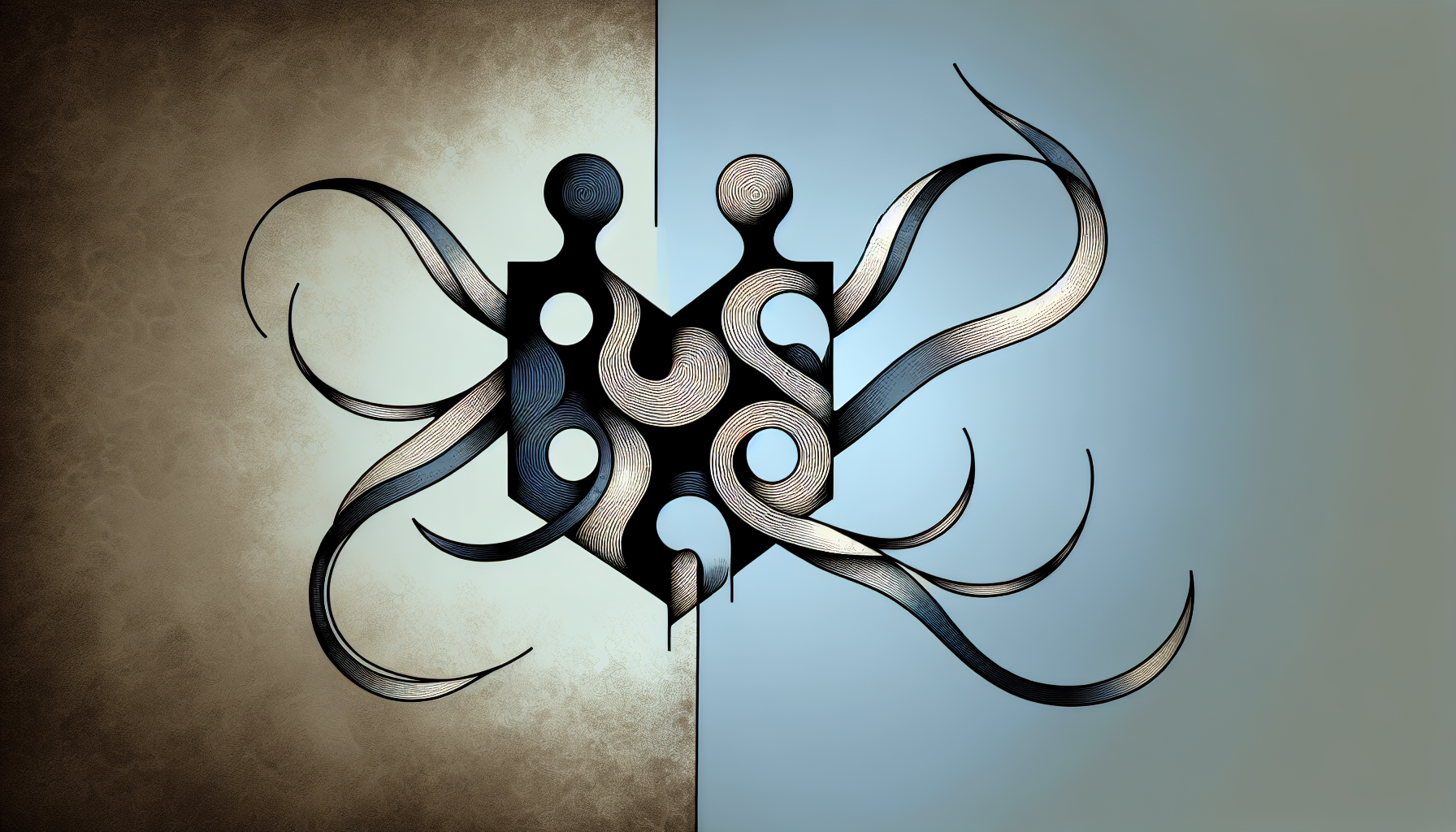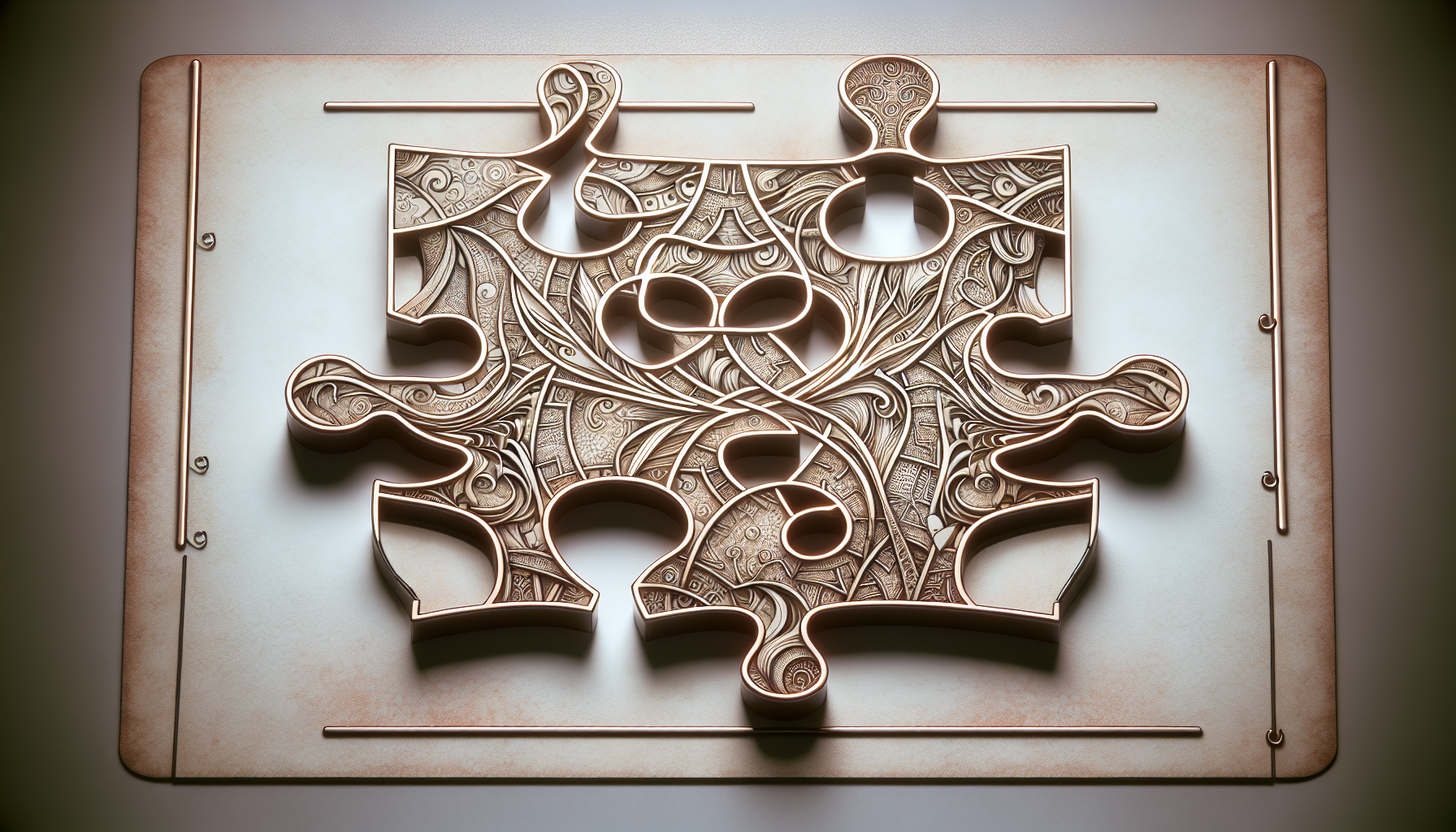
Have you ever wondered what it truly means when someone says they are in a relationship? From casual conversations to heartfelt confessions, these words carry different meanings for different people. In this article, we explore the intricacies of relationships and shed light on the various interpretations that can be attached to this seemingly simple phrase. Whether you’re curious about the emotional depth or the level of commitment implied by the phrase, join us as we unravel the complexities behind those four words: “I am in a relationship.”

Defining a Relationship
Defining a relationship is an essential step in understanding the type of connection you have with someone. It sets the foundation for expectations and mutual understanding. Different types of relationships exist, ranging from friendship to romantic partnerships and everything in between. It’s important to remember that each relationship is unique and can evolve over time.
Different Types of Relationships
Relationships come in many forms, and it’s crucial to recognize the distinctions. Friendships are characterized by a deep bond built on trust, support, and shared interests. Romantic relationships involve an emotional and physical connection, along with the potential for long-term commitment. Family relationships are formed by blood or legal ties and often encompass unconditional love and lifelong support.
Emotional Connection
One of the key elements of any relationship is the emotional connection between individuals. It involves understanding, empathy, and a sense of being deeply connected on an emotional level. This connection can be fostered through open and honest communication and active efforts to understand each other’s emotions, needs, and desires.
Commitment and Exclusivity
Commitment and exclusivity are often significant factors in defining a romantic relationship. Commitment implies a willingness to invest time, energy, and effort into the relationship, while exclusivity refers to being exclusively involved with one another, both emotionally and sexually. These elements signify a deeper level of dedication and often signal a desire for a long-term partnership.
Indicators of Being in a Relationship
Once you have defined your relationship, identifying the indicators of being in one becomes crucial in determining its status. These indicators can help gauge the level of connection and the emotional investment from both parties.
Mutual Agreement
One of the primary indicators of being in a relationship is a mutual agreement between both individuals involved. It means that both parties have openly discussed and agreed that they are in a committed relationship. This agreement solidifies the understanding that you are both on the same page and have mutual expectations for the relationship’s future.
Spending Time Together
Spending quality time together is a strong indicator of being in a relationship. Whether it’s going on dates, engaging in shared hobbies, or simply spending time lounging at home, the frequency and quality of time spent together often reflect the level of emotional investment and commitment.
Introducing to Others
Introducing your partner to your friends and family is a significant step in a relationship. It demonstrates a desire to integrate them into your social circle and expand your emotional connections. Similarly, being introduced to your partner’s loved ones signifies a level of commitment and trust in the relationship.
Emotional Support
In a healthy relationship, emotional support plays a crucial role. Being able to rely on each other for comfort, understanding, and encouragement during challenging times is a strong indicator of a committed partnership. Providing emotional support and being there for one another strengthens the bond and fosters a sense of security and trust.
Grounding a Relationship
Grounding a relationship involves establishing a solid foundation for growth, mutual understanding, and long-term compatibility. It encompasses various aspects that contribute to the overall health and sustainability of the partnership.
Establishing Boundaries
Establishing boundaries is a vital part of grounding any relationship. It involves open and honest communication about personal needs, preferences, and limits. By setting boundaries, you are ensuring that both individuals’ emotional and physical well-being is respected and protected.
Shared Goals and Values
Having shared goals and values is essential for building a strong foundation in a relationship. It entails discussing and aligning your aspirations, beliefs, and overall life direction. When you share similar values and work towards common goals, you are more likely to create a harmonious and fulfilling partnership.
Open and Honest Communication
Communication is the cornerstone of any successful relationship. Open and honest communication ensures that both parties are heard, understood, and respected. It involves actively listening, expressing feelings and thoughts, and addressing any concerns or issues that may arise. Effective communication fosters trust, understanding, and deeper connections.
Emotional and Physical Intimacy
Emotional and physical intimacy are integral components of a romantic relationship. They involve a deep emotional bond and a physical connection that enhances the overall intimacy and closeness between partners.
Feelings of Love and Affection
Feeling love and affection towards your partner is a powerful indicator of a romantic relationship. It involves a genuine caring for one another and a desire to make each other happy. Love and affection can be expressed through words, actions, and small gestures that let your partner know how much they mean to you.
Physical Affection
Physical affection plays a crucial role in romantic relationships. Holding hands, hugging, kissing, or cuddling are physical expressions of love and desire. These acts of physical affection create a sense of closeness and connection, reinforcing the emotional bond between partners.
Sexual Intimacy
Sexual intimacy is an integral part of many romantic relationships. It involves a consensual and mutually fulfilling expression of physical desire and pleasure. Sexual intimacy can deepen the emotional connection between partners and contribute to overall relationship satisfaction.

Responsibilities in a Relationship
Being in a relationship comes with responsibilities that contribute to its smooth functioning and overall well-being. These responsibilities reflect the commitment and effort required to nurture a healthy and thriving partnership.
Mutual Respect
Mutual respect is the foundation of any successful relationship. It involves treating each other with kindness, consideration, and valuing each other’s opinions and boundaries. Mutual respect creates an environment where both individuals feel appreciated, understood, and valued.
Shared Decision Making
Shared decision making is essential for a balanced and harmonious relationship. It means involving both individuals in important choices that impact the relationship. Shared decision making fosters a sense of equality and partnership, ensuring that both individuals have a voice and influence in shaping their shared future.
Balancing Individuality with Togetherness
Maintaining a healthy balance between individuality and togetherness is important in a relationship. It entails respecting each other’s individual needs, interests, and personal growth while also fostering a sense of connection and shared experiences. Finding this balance allows for personal fulfillment while nurturing the relationship.
Challenges in a Relationship
No relationship is without its challenges. Recognizing and addressing these challenges is crucial for maintaining a strong and healthy partnership.
Communication Issues
Communication issues can arise in any relationship. These can include difficulties in expressing emotions, misunderstandings, or differences in communication styles. Addressing communication issues requires active listening, empathy, and a willingness to work through challenges together.
Conflict Resolution
Conflicts are a natural part of any relationship. The key is how conflicts are resolved. Healthy conflict resolution involves open and honest communication, active listening, and a willingness to find mutually satisfactory solutions. Developing effective conflict resolution skills strengthens the relationship and fosters growth.
Trust and Jealousy
Building and maintaining trust is essential in any relationship. Trust allows for vulnerability, honesty, and a sense of security. However, trust can be tested by feelings of jealousy or past betrayals. Addressing trust issues requires open communication, reassurance, and a commitment to rebuilding trust through consistent actions.
Relationship Expectations
Each individual enters a relationship with their own set of expectations. It is crucial to navigate these expectations and find a common ground to ensure the relationship’s success.
Different Expectations
Different expectations can arise from varying upbringings, past experiences, or personal preferences. Communicating and understanding each other’s expectations is essential to avoid misunderstandings or unmet needs. By openly discussing expectations, compromises can be made and a shared vision for the relationship can be established.
Compromises and Negotiations
Negotiation and compromise are integral parts of a successful relationship. It involves finding middle ground and considering each other’s needs and desires. By approaching disagreements with openness and a willingness to find solutions that work for both individuals, a supportive and harmonious relationship can be maintained.
Supporting Each Other’s Growth
Supporting each other’s growth is a significant aspect of a healthy relationship. It means encouraging personal development, pursuing individual goals and interests, and offering support during challenging times. Supporting each other’s growth strengthens the bond and creates a foundation for long-term fulfillment.
Significance of Labels
Labels, such as boyfriend/girlfriend, partner, or spouse, can hold various meanings for different individuals. They provide a sense of identity and belonging within society and carry certain expectations and responsibilities.
Public Recognition
Using labels in a relationship can offer public recognition of the commitment and connection between partners. It signifies to others that you are in a dedicated partnership and can lead to increased social recognition and acceptance.
Social Expectations
Labels also come with social expectations and norms. They can influence how others perceive the relationship and may impact the way you and your partner interact within certain social contexts. Being mindful of these expectations can help navigate societal pressures and foster a relationship that aligns with your own values and desires.
Sense of Identity and Belonging
Labels can provide a sense of identity and belonging within a relationship. They solidify the connection and signify a level of commitment. Labels can contribute to a feeling of security and a shared identity as a couple.
Exiting a Relationship
While it is not easy to contemplate, there may come a time when a relationship needs to end. Exiting a relationship can be a challenging process, but it is possible to do so in a respectful and healing manner.
Breakup or Separation
A breakup or separation is often the final step in ending a relationship. It involves openly communicating the decision to end the partnership and allowing both individuals to process their emotions. By approaching the breakup with kindness, understanding, and empathy, the healing process can begin for both parties involved.
Moving on and Healing
Moving on and healing after a breakup is a personal journey that takes time and self-care. It is essential to give yourself the space and support required to process your emotions and reflect on the lessons learned. Surrounding yourself with a strong support system, engaging in self-care activities, and seeking professional help if necessary can aid in the healing process.
Conclusion
Defining, nurturing, and maintaining a relationship is a complex yet rewarding journey. It involves open communication, mutual understanding, and a commitment to growth and support. By recognizing the different types of relationships, understanding the indicators, and addressing challenges along the way, you can cultivate a strong and fulfilling connection with your partner. Remember to always prioritize open and honest communication, trust, and a willingness to adapt and grow together.




